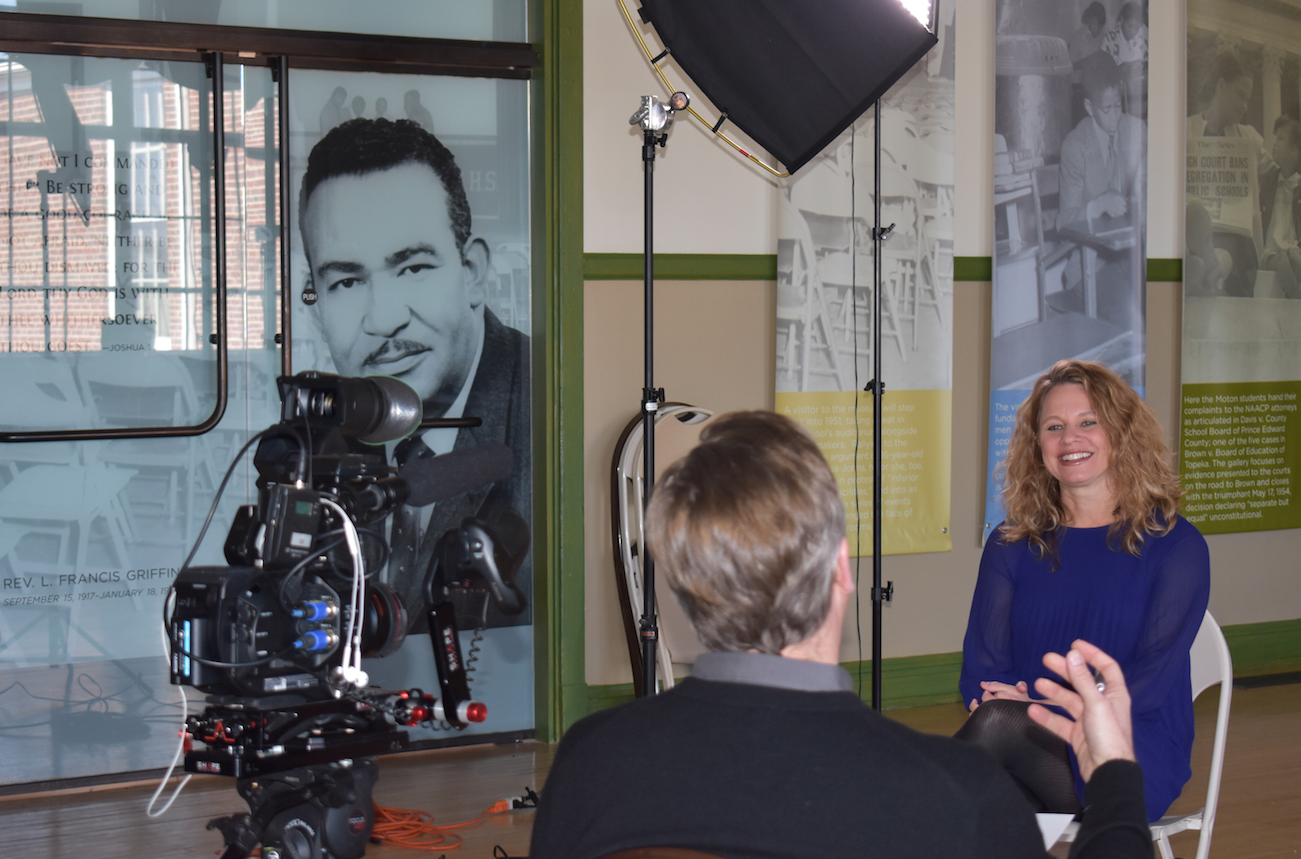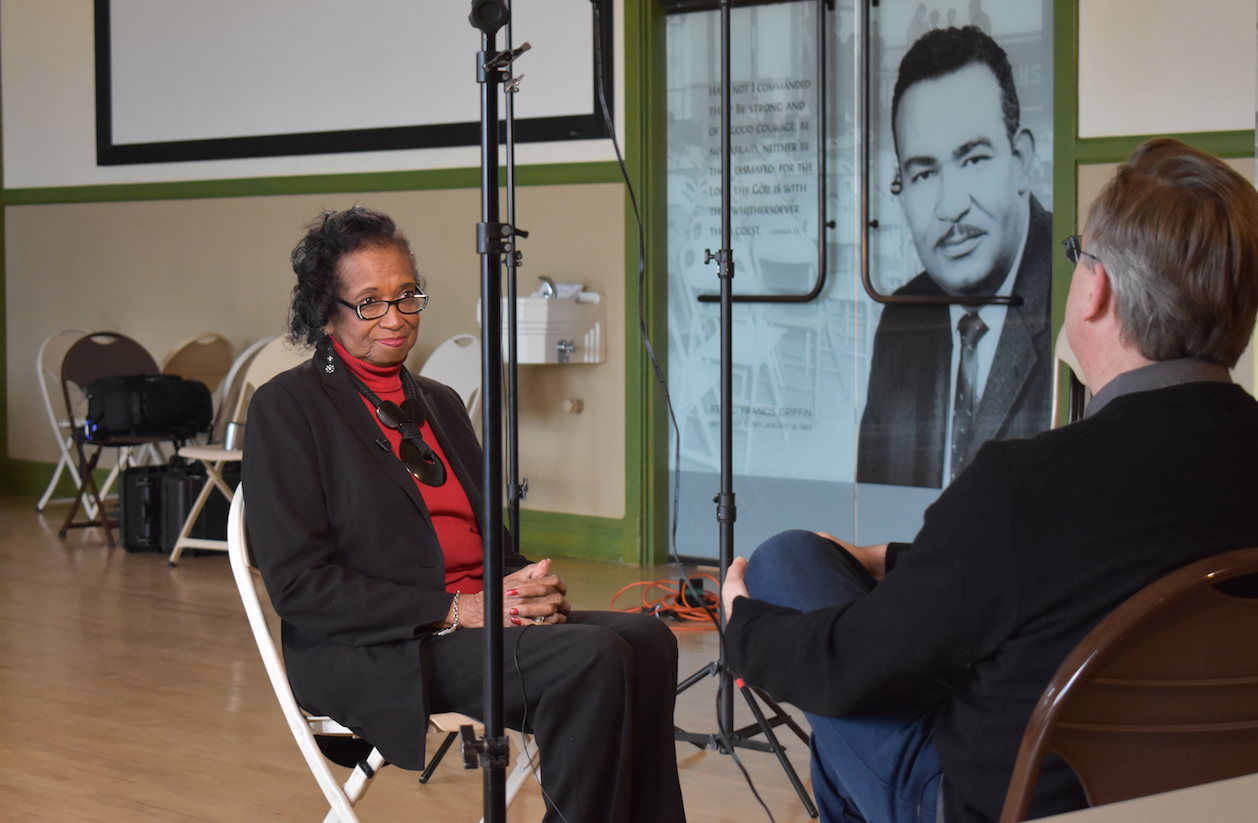Film crew visits Moton
Published 2:38 pm Tuesday, March 20, 2018
A documentary team from HBO paid a visit last Thursday to the Moton Museum. Crew members spoke with a few Prince Edward County natives about the area’s history of education.
Director Paul Traynor and Executive Producer T. Rafael Cimino filmed at the Robert Russa Moton Museum, interviewing Cainan Townsend, director of education & public programs; Kristen Green, Prince Edward County native and author of the New York Times Bestseller, ‘Something Must Be Done About Prince Edward County;’ Joy Cabarrus Speakes, Prince Edward County Native who was a student at Moton High School when Barbara Johns led a student walkout in 1951, and Mickie Carrington, a Prince Edward County native who was a student at the time of the public school closings.
The documentary will focus on the topic of vouchers and education choice, which contends that the initiative of sending wealthier families to private schools will heighten income and racial inequalities in the public school system, something that was meant to be solved through integration.
Traynor and Cimino said the film is expected to be released at the beginning of 2019, and that in addition to filming in Farmville, they intend to film in Los Angeles, New York, Washington D.C. and Raleigh and Charlotte, North Carolina.
Townsend said he was glad to speak with the producers, and said the film broaches an important topic.
“It’s a great opportunity to have these filmmakers come into the museum to discuss this very important topic,” Townsend said Thursday. “It’s very difficult to understand the discussion about vouchers today without the history of what happened here in the 1950s and 1960s.”
Green said Friday the documentary could potentially bring Prince Edward County’s history and the Moton Museum to a wider audience.
“That the Prince Edward County story can be shared is important,” Green said. “I hope that they’ll be able to spread the story a little further and a little wider … I’m glad they were able to come, and I hope it will be a part of the documentary.”
She noted that the decision from the Griffin v. School Board of Prince Edward County case not only ruled school closings as unconstitutional, but also outlawed voucher payments that were used during that period.
Speakes, who discussed her experiences with Johns and the student walkout, as well as the ramifications to her, her family, friends and community members that came with the closing of public schools in 1959, said the interview went well and sees connections between present-day student activism and the activism put forth by Johns and the other students at Moton.
“I think it has a lot of connection because this was the birth of the Civil Rights movement by a 16-year-old student,” Speakes said, “and now you see with the students across America the youth are coming out and are protesting what they think is right. They figure that the adults are not moving fast enough, and they are not getting done what should be. So they’re taking charge.”
Carrington said her interview focused on the impact that she and many others experienced during the forced closings of public schools.
“I’m a strong believer that our stories need to be told, and the more we tell them, the more people listen, and the more people will be educated on what happened during that time,” Carrington said.
Cimino said he and Traynor were grateful for the opportunity to learn about the town and museum.
“The Moton Museum is a testament to the enduring human spirit,” Cimino said. “We could not tell the story of today’s public school crisis for minorities without including the inspirational words of these Students from 1951. Their accounts touched our hearts and left an indelible mark in the minds of our crew. Our trip to Farmville and its inclusion into this film would not be possible without the amazing work of Kristen Green and her brilliant book, ‘Something Must Be Done About Prince Edward County.’”







